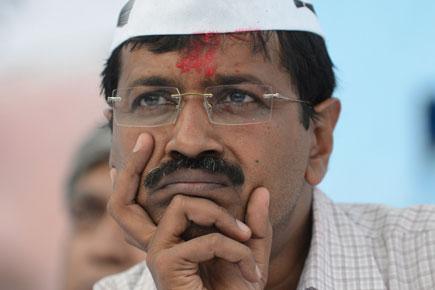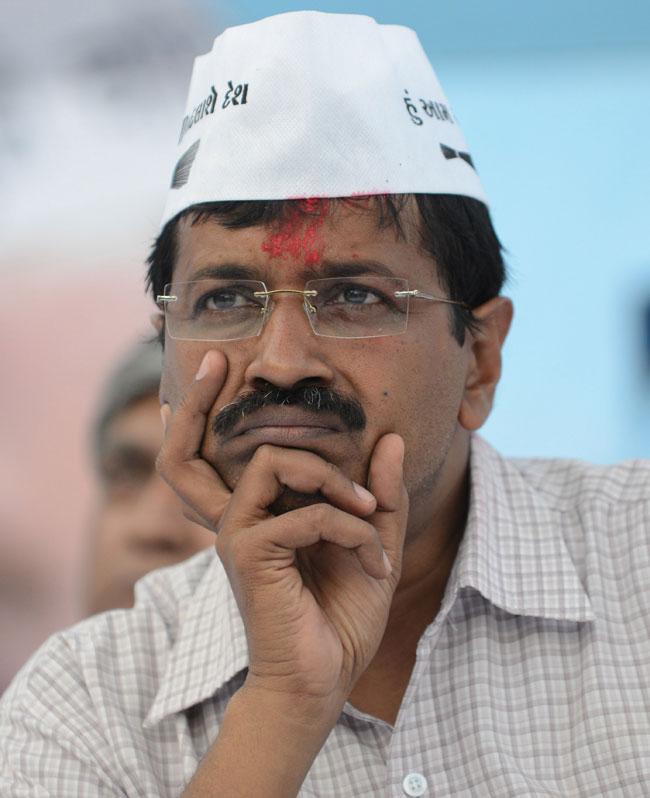Backtracking from his defiant stand, former Chief Minister Arvind Kejriwal has furnished a bail bond before a Delhi court which ordered his release from Tihar Jail where he spent six days in a case of criminal defamation filed by BJP MP Nitin Gadkari

Arvind Kejriwal
New Delhi: A Delhi court on Tuesday ordered the release of former Delhi chief minister Arvind Kejriwal from judicial custody after he furnished a personal bail bond.
ADVERTISEMENT
Metropolitan Magistrate Gomati Manocha allowed Kejriwal to be released on bail after his counsel told the court that he would furnish a personal bond.
 Arvind Kejriwal. File Pic/AFP
Arvind Kejriwal. File Pic/AFP
Earlier, Kejriwal agreed to furnish the bond after the Delhi High Court asked him "not to make it a prestige issue".
A division bench of Justice Kailash Gambhir and Justice Sunita Gupta asked advocates Shanti Bhushan and Prashant Bhushan, appearing for Kejriwal, to file the personal bond before the concerned magistrate.
Prashant Bhushan informed the court that Kejriwal agreed to file the personal bond and produced a bond signed by Kejriwal.
In the morning, the high court suggested that Kejriwal, who had initially refused to furnish the bail bond in the trial court, seek bail and allowed the Bhushans to meet him in jail.
"Everything can't be an exception for this man," the bench remarked.
Kejriwal had on Monday moved a habeas corpus petition for his immediate release, saying he has been "illegally" sent to judicial custody on a "completely wrong premise of law" by the court's orders of May 21 and May 23.
He challenged a trial court order sending him to judicial custody till June 6 after he refused to furnish a personal bond in a defamation case filed by Bharatiya Janata Party leader Nitin Gadkari, now a cabinet minister in Prime Minister Narendra Modi's government.
The high court also issued notice to Gadkari and the Delhi government on the plea and sought their response within three weeks.
The court Tuesday posted the matter for July 31.
"Kejriwal has been illegally sent to judicial custody till June 6 for refusing to furnish the bail bond in a case on a private complaint even though it was not mandatory and he was ready to give a written undertaking," the plea said.
It said that in at least four different cases, such written undertakings were accepted by courts.
 Subscribe today by clicking the link and stay updated with the latest news!" Click here!
Subscribe today by clicking the link and stay updated with the latest news!" Click here!






